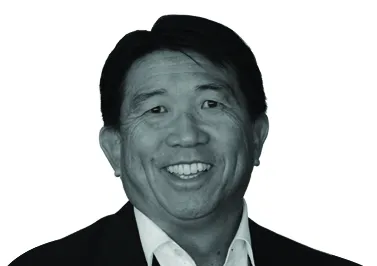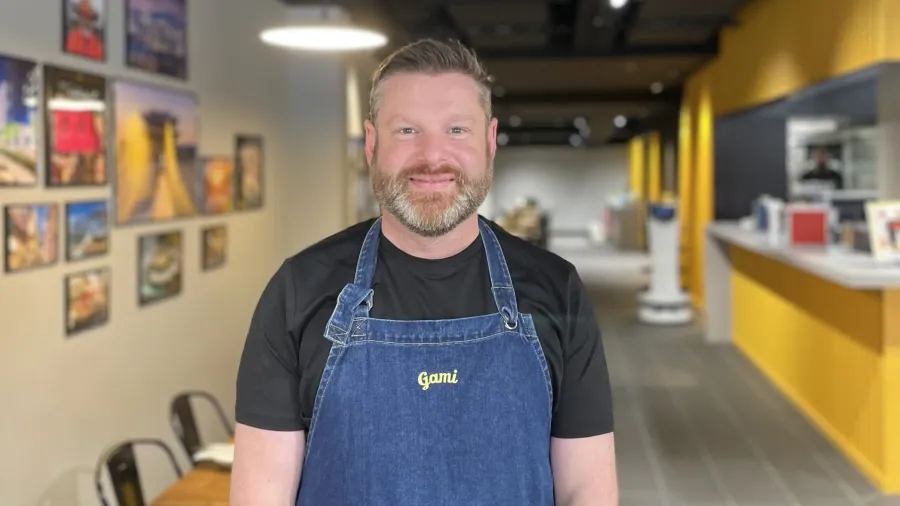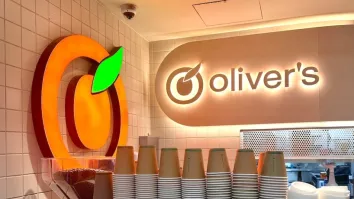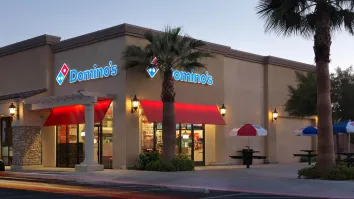
Localize your offerings when taking your brand overseas
Top executives, lawyers, trade officials talk about what to do when expanding overseas.
“[There is a] need to tailor your offering to target international markets,” David Jamieson, Team Leader for Food Trade at the Australian Trade Commission (Austrade) told the audience at the QSR Media Detpak Conference and Awards 2015.
“It’s all about adding value to our food exports, and one way to do that is to tailor your offerings to markets.”
“Most of the brands that do succeed locally [in offshore markets] are brands you’ve probably never heard of, and ones that do cater to local tastes and flavours that consumers are looking for in particular markets. Even the bigger players like McDonald’s do cater to local flavours and tastes.”
Former Yum Africa CEO Keith Warren agreed, and said. “KFC and McDonald’s went into China in 1987. Both of them thought that they would get a free hit with the middle class developing there, and they struggled, all the way through to 1995, both brands were going nowhere.”
He mentioned the rising success of KFC and the Yum! Brands afterward because of the QSR legend Sam Su.
“KFC are now in China,” he said. “If you walked into one of their restaurants now as an Australian you would barely recognize what they sell. In fact, only around 8% of the food that they sell are the types of food that we are used to. Over 30% of their products are grilled products that have come from their ovens. They sell congees they sell soups, their beverages include a huge range of fruit juices, they do egg tarts. All sorts of things that would look very far from what an Australian menu.”
“KFC are making somewhere in the region of 2 billion profit out of their Chinese business now, and it’s all on the back of finding local solutions that appeal to the local consumer. And that’s hard. Not something that you can wonder into any local market and do,” he added.
Jamieson said, “One of my favourite scenes from Pulp Fiction was when John Travolta’s character Vincent Vega talked about the differences in his experiences in his trip to Europe and Amsterdam, how you could buy a glass of beer at McDonald’s and how they put mayonnaise on their French fries. This is what I’m talking about.”
“You don’t have to redefine totally your offering, but you do have to think about what customers want in that market. It’s about helping you find some research and insight, getting some more ideas as to what that might mean to you in particular, your product offering, and how that might work.”
Regarding finding research, Noodle Box CEO Ian Martin warned against those who claim to be experts and that expanding overseas would be easy.
“My advice is to get as many pieces of information and speak to as many people who have been there and done it, in Austrade, others, lawyers, as you possibly can. One piece of advice is get multiple pieces of advice if you are entering this, because there is no formula for it.”
“I don’t think there are easy opportunities. Every opportunity internationally is going to require an enormous amount of patience, way more than what you would anticipate going in. it’s going to require significantly more money. And it’s going to require more focus,” Warren said.
Holman Webb Lawyers Partner Corinne Attard also advised that research should be done about the target location’s legal structures.
“Just as everyone said, each market is different, each jurisdiction, each country is going to have different rules, and it’s going to be a different structure for each market that you go into,” she said.
“There’s obviously different ways you can do it. Going into New Zealand, you can just expand as if it was another state, so you can have a direct franchise or directly open your own outlets there. If you are going into the Asian countries, you’re going to need a joint venture arrangement with a local partner there because of regular trade requirements. So you’ve got to know if that can apply to you.”
Issues that could arise overseas that QSR brands should also consider are choosing franchise partners and brand protection.
“It all comes down to international partner selection,” said Martin. “With international franchising, franchise partner selection is critical. So when you go into a market with a franchise partner that hasn’t got aligned values and strategic intent then you would probably be making a really big mistake right away.”
Warren said, “Partner selection is probably the most critical element that you need to have in place, especially in some of the developing world countries. You cannot rely on the legal system as a way to ensure that you get paid. I had KFCs operating in Africa for years that were completely illegal. It was very hard to get them to shut down, and stop using the brand because there’s corruption, different local-friendly judiciaries, and most times there’s not much you can do about it.”
“Finding appropriate franchise partners to join with is of critical importance. I would rather not enter a market if I don’t have someone who I feel can use my brand correctly, who would honour the agreements, and not just the technical fine detail but also the spirit of the agreement, that you can work with.”
Attard added, “You do have to protect your brand before you get there by registering the trademark. I often say that the smaller the country, the bigger the fees at the trademark office. The difficulty is that you want to run around register all your trademarks, the biggest problem is the cost which can be huge. Very clever registrations, picking the classes, picking the brand mark that is broad enough and big enough because you pay for additional marks, you do have to put a bit of thought into that, unless you have an unlimited budget.”
The 'Taking Your QSR Brand Overseas' session in the conference was sponsored by Red Bull.
























